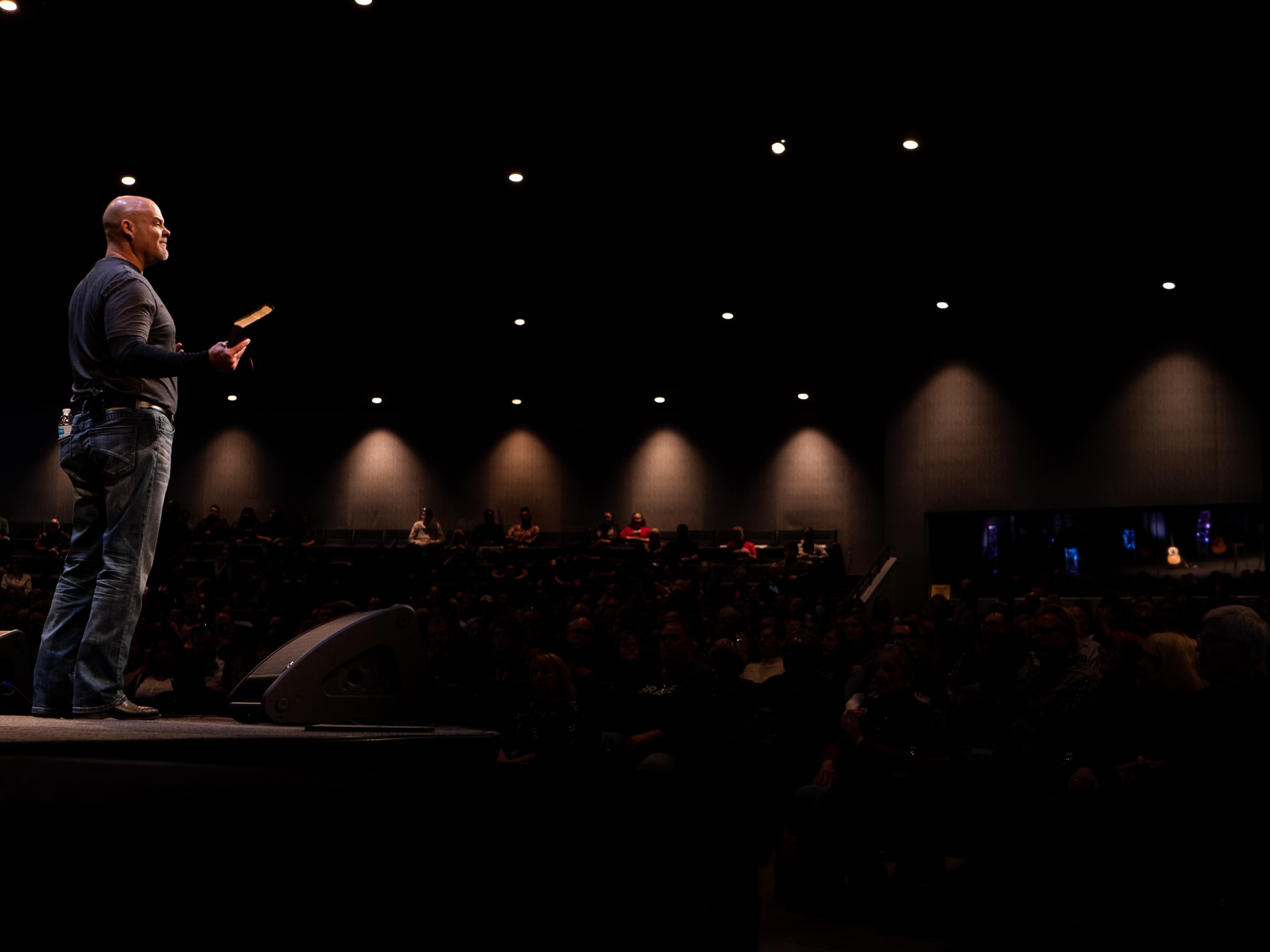Let’s be honest. Pastors can’t make everyone happy, and this is never more obvious than when it comes to the topic of tithing. There really is no way to address this topic without stirring up some strong feelings, but isn’t that kind of the point?
Jesus spent a lot of time challenging people’s relationship with their money, going as far as saying that you can’t serve both God and mammon. The idea that our possessions compete for our allegiance ensures that people will struggle with the topic. That’s why they need to hear solid biblical teaching about giving.
Here are four mistakes to watch out for when handling this sensitive topic.
1. Apologizing for talking about money
It makes sense that you might feel a little anxious when it comes to addressing money. So it’s natural to dispel the tension you feel by making comments like, “Well, the board says I have to talk about giving again.” Some pastors recognize that it’s an important topic, but communicate that they don’t like talking about it.
When you joke or apologize about addressing this topic, you inform the congregation how to feel about it. You’re telling them that maybe they should be irritated by the topic. It’s OK to be uncomfortable about addressing the issue, but that might be a sign that you don’t tackle it enough. Simply address it with the seriousness that Jesus demonstrated about the topic.
2. Preaching obligation over inspiration
Another way that we deal with the subject matter’s touchiness is to shift the blame on God. It’s a lot easier to motivate behavior by appealing to a sense of duty. And part of this discussion is about being obedient to what God expects. But giving so much more than an obligation.
Spirit-filled benevolence aims to move beyond the rote expectation of giving and discover the joy of cheerful generosity. When we approach it from a sense of obligation, people will approach giving like a job, working just enough not to get fired.
Use stories and congregational testimonies to ensure that people understand the joy that can be theirs when developing a different kind of relationship with their stuff. It’s also essential that these discussions aren’t reserved for adults. Children need to be present when we talk about generosity. Kids need to be exposed early to the joy of giving.
3. Waiting until the church needs money
In cultures built on consumerism, money is a legitimate stronghold that needs to be addressed consistently. Maybe you choose a couple of times a year when you talk about giving. If you do a lot of expository preaching in the Gospels and New Testament, it will come up on its own.
You want to avoid waiting to address it until you’re fundraising or the church has a budgetary need. It’s totally OK to ask for benevolence offerings because of specific needs, but you don’t want to link that to giving messages. This changes the discussion’s thrust from being about worship and encourages people to associate it with the church needing money.
4. Not demonstrating your preferred method of giving
When it comes to equipping people to give, the church has two jobs. The first is to teach people about the importance of generosity. The second is to remove all the barriers someone might have to giving. That might mean establishing more trust in the church. It might mean ensuring that technology isn’t a barrier to giving.
You might be surprised how often the problem isn’t a philosophical resistance to giving but a technological one. If you’re prioritizing a digital giving solution (and you really should be), consider how different people learn. Some folks can figure it out for themselves, and others need to see it done or have someone walk through it with them.
Taking generosity seriously
If everyone responded to God’s invitation to live generously, the church could respond to so much need. But people need to hear this invitation, and sometimes it’s going to irritate them before they’re willing to receive it. And yes, maybe they’ll take it out on the messenger. But they need to hear it anyway.
And the more often we share it with them, the more open they’ll be—and the more effective we become.
Churches in the Wilderness
Churches in the Wilderness
Navigating COVID-19 and the New Normal
The questions you ask yourself today will determine whether your church merely survives in this period of transition—or thrives. This ebook will help you position your church for the new normal.


